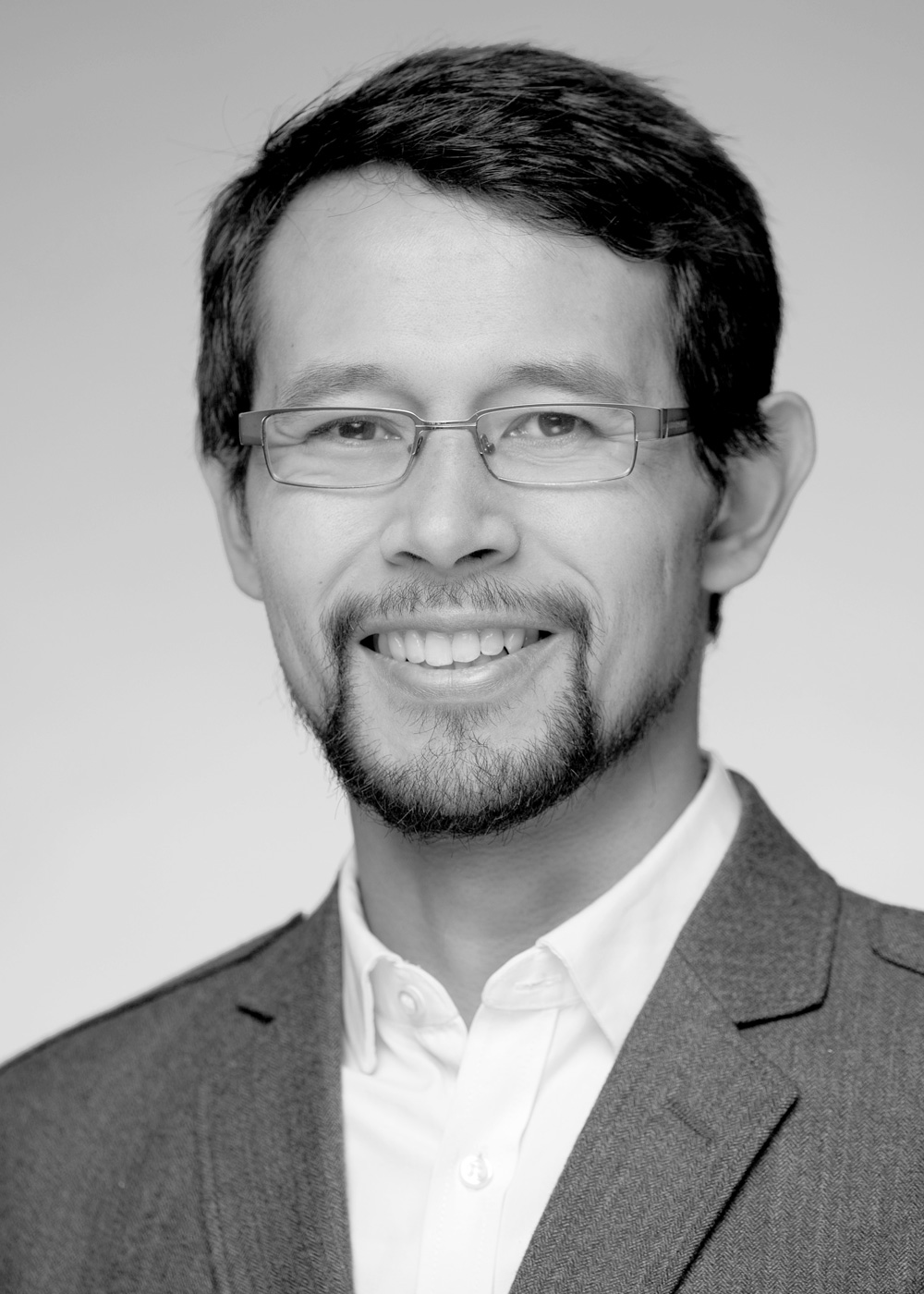
Prof. Dr. Yan Suarsana
As a professor for Religious Studies (with special focus on the global history of Christianity), I am interested in the historical entanglement of Christian religion with a wide range of discourses in society. Grounded in post-structuralist theory and in the post-colonial history of religion, my main emphasis is on the colonial age.
Here, I focus on the encounter of the many contexts in a newly globalized world initiated by European imperialism – a process that led to a remarkable reorientation of common knowledge on religion in the nineteenth century: While older concepts of “the other” had to be revised in all contexts likewise, new global modes of thinking appeared on the scene as a result of worldwide negotiation processes of the time. It is clear that contradictions played a major role in these processes, especially when it comes to the discourse on religion: Not only in the case of the colonial concept of “world religions”, which seemed to exist in substantial contradiction to each other; but also concerning the “clash” between those new, global ordering principles of knowledge (such as “religion”) and older, local forms.
As a historian of Christianity, I concentrate on the entanglement of Christian groups and theology with certain traditions that were conceived as adequate manifestations of the religious sphere during the colonial age, leading to the common notion of the existence of several “world religions” all over the globe today.
In this context, I contribute to the historical perspective on contradiction within the Research Training Group by focusing on the genealogy and the historical entanglement of contradictory formations. Therefore, I am looking forward to project proposals developing a historiographical approach on contradiction, to investigate historical discourses on religion from a perspective of religious and cultural studies, be it in the area of Christian history or in other contexts entangled with that tradition!